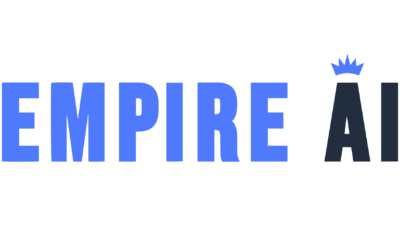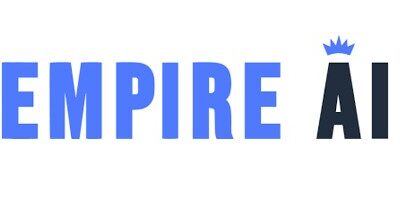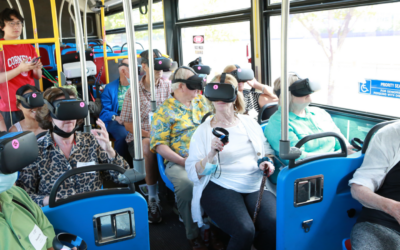Cornell AI News
Want your news listed here? Email us.
Filter by Topic
Cornell Tech researcher part of $12 million NSF study to reduce computing’s carbon footprint
The U.S. National Science Foundation (NSF) has awarded $12 million to a multi-institutional team of researchers that includes Cornell Tech Assistant Professor Udit Gupta for an initiative to establish new standards for carbon accounting in the computing industry.
AI-generated college admissions essays sound male, privileged
In an examination of thousands of human-written college admissions essays and those generated by AI, researchers found that the AI-generated essays are most similar to essays authored by students who are males, with higher socioeconomic status and higher levels of social privilege.
Faculty and researchers invited to request time to run research projects on new AI tool
Faculty and researchers invited to request time to run research projects on new AI tool
Global AI among three projects funded to build better future
A multidisciplinary team aims to build a more inclusive AI shaped by global cultures and knowledge – one of three projects that make up Cornell’s new Global Grand Challenge: The Future.
Cornell EMPIRE AI Weekly Forum
Happening every Friday from 4-4:30 PM via Zoom, the forum is for Cornell faculty and staff (e.g., research operational support staff) who are interested in the EMPIRE AI’s current status and future plans. Earlier this spring, New York State and six academic partners,...
NSF grant supports AI-driven sustainability research, training
A new program at Cornell will tackle critical environmental challenges by integrating advanced artificial intelligence (AI) tools with sustainability research across the campus, thanks to a grant from the National Science Foundation’s Research Traineeship Program.
Reducing the cultural bias of AI with one sentence
“Cultural prompting” – asking an AI model to perform a task like someone from another part of the world – resulted in reduced bias in responses for the vast majority of the more than 100 countries tested by a Cornell-led research group.
Mixing Physical, Virtual Worlds to Drive Home Climate Urgency
The Communal eXtended-Reality (CXR) system is a cutting-edge blend of the physical and digital worlds in which virtual scenes are overlaid onto the real world, designed to engage communities in new ways.







